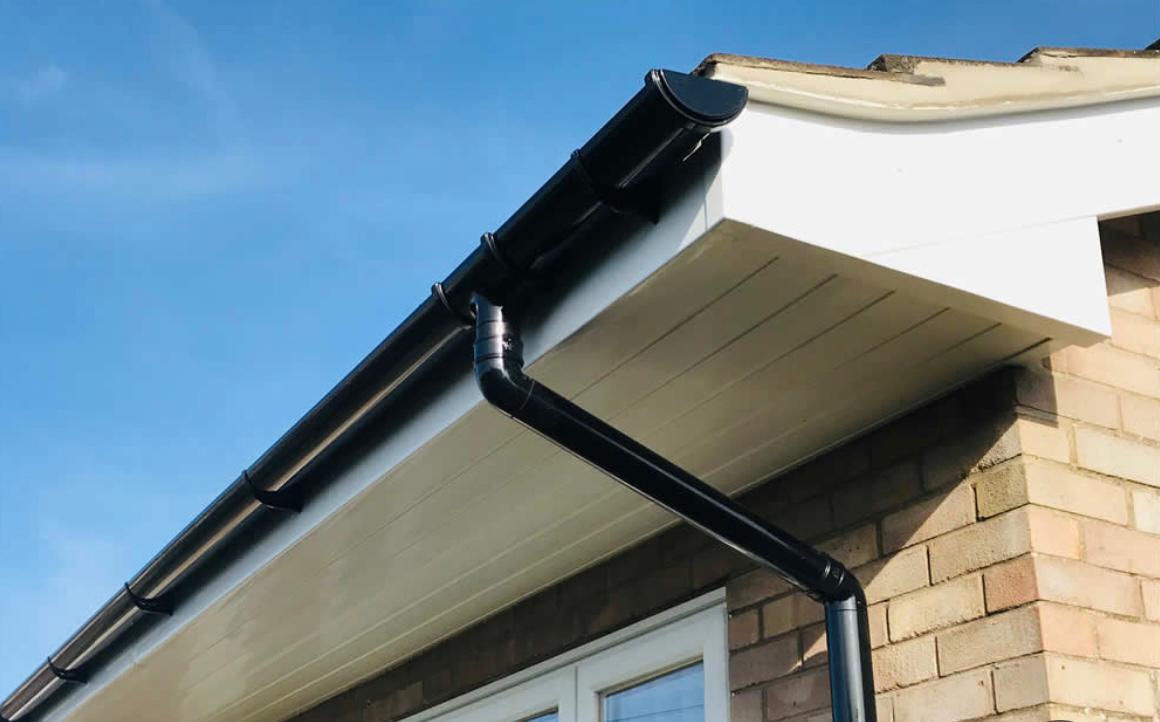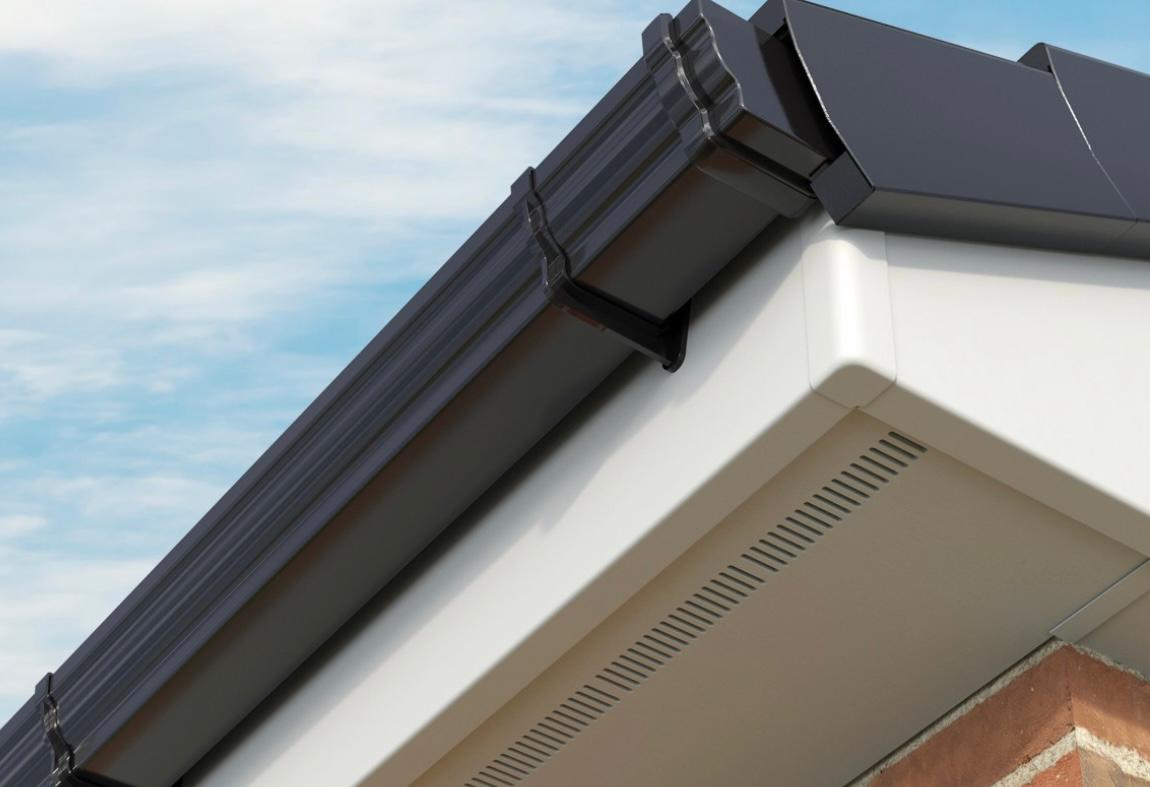On This Page Guttering can crack with time. Gutters are essential because they protect your home from water damage, roof leakages, dampness, rodents, and damaged
Table of Contents

Guttering can crack with time. Gutters are essential because they protect your home from water damage, roof leakages, dampness, rodents, and damaged foundations. Many people would call professionals to replace/repair them because it is no easy job. Some might prefer doing the job themselves. We will present in this article a DIY guide for fixing leaky gutters and leave the choice to you.
Tracing a leak and repairing a damaged gutter can come in handy, but first, you should be sure that your gutter needs repairs/replacement.
Definite Sign Of Leaky Gutters
Gutter problems can cause severe damage to your home if ignored. If you are experiencing any of the following signs, it’s time to repair your gutter:
Reverse/Overflowing Water from the Sides: Cracked gutters will leak water and may also catch debris which can cause a backflow of water and damage your walls.
Signs of Water on your Basement Ceiling, Especially Around the Corners: The primary purpose of gutters is to make the rainwater flow through the downspouts located at all the corners of your house. This keeps it away from flowing down the walls into your foundations. However, if your gutters are cracked, water will seep down through the edges and into your foundations. The presence of mould and dampness is also a sign of leaky gutters.
Water Collecting in the Gutter: Blocked or backed-up gutters will not give any passage to water for flowing out; that is why you will find them with water in them all the time. This can cause corrosion, attract insects, and attract rodents.
Water Stains on your Exterior: Exterior walls and fascia board with numerous water stains are a clear sign of leaky gutters.
Peeled Paint: If the paint around your doorways and window frames is peeling off, you might have leaky gutters.
Erosion: If your landscaping is washing away or you often find puddles in your yard, you may want to check your gutters.
Step-by-Step Fixing Leaking Gutters
If any or more than one of the above signs is visible, you have leaky gutters. However, if you want to be sure, try inspecting your gutters right after a rainfall. You would be able to see all the points where water is overflowing or dripping. Another way is to flush your gutters with a hose pipe and inspect the water flow. Once you have identified a leak, it is time to fix it.
Step 1: Get All Required Tools
You don’t need any advanced tools or supplies to fix a leaky gutter, but make sure you have the following:
Ladder
Measuring Tape
Rubber Sealant or Silicone Caulk for Sealing the Gutter
Putty Knife
Tin Snips
Retractable Razor Blade
Gutter Connectors
Replacement Gutter
Step 2: Prep Work
Step 3: Prepare and apply the Sealant
Sealants come with instructions for preparation. Follow them to prepare a solution depending on the size or number of cracks. Apply the sealant or caulking according to instructions. Smooth the applied layer with the help of the putty knife. You can also use tape to cover any holes or cracks, but the best and most secure combination is a waterproof tape, sealant, and caulk
Step 4: Remove Excess Sealant
Call Us To Get a Quick Response


Replacing a Damaged Gutter
If there are too many cracks or holes in a single length of guttering, it is best to replace it together instead of patching it. Get the same brand and size from a hardware store, or take a piece to get the exact size.
If you need to shorten the length, you can easily do that with the help of tin snips. Measure the required size and cut the piece accordingly. This is an important step, and you should ensure the measurement. To be extra cautious, you can cut the length slightly more than the required length.
Step 1 : Remove your Damaged Gutter
Remove the damaged gutter section using your tin snips. Make sure you don’t damage the rest of the guttering. Remove any tape or sealant and detach the connectors
Step 2: Connecting the Gutter
Use tape or sealant with your new gutter connectors and screw the two lengths together. Make sure they are tight.
Step 3: Check for Waterproofing
Once all the gutters have been reconnected, it’s time to check your installation for proper functioning and
waterproofing. Using a hose pipe, let the water flow through your guttering and check the repaired/replaced parts. You may need extra patching if any repaired parts are still leaking. Appreciate your efforts if there are no leakages.
